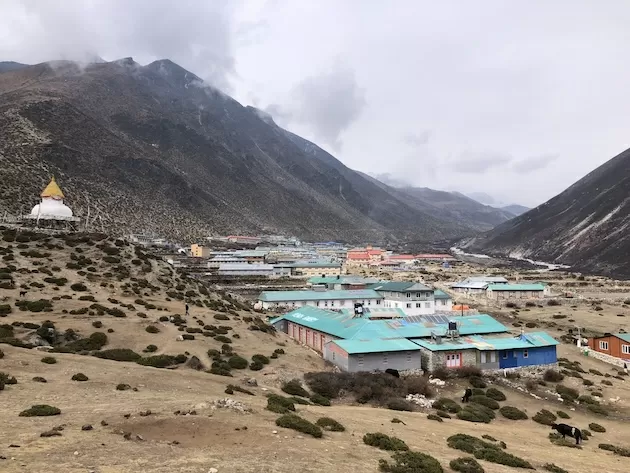The world is facing a global crisis that threatens our very existence – the climate crisis. Its effects are becoming increasingly evident, from extreme weather events to rising sea levels and melting glaciers. And the global public opinion on this issue is clear – we want our governments to take stronger action to tackle the climate crisis.
According to the Peoples’ Climate Vote 2024 (PCV2024), a survey conducted by the United Nations Development Programme (UNDP) in partnership with the University of Oxford, 80 percent of people globally want their governments to take stronger action on climate change. This means that four out of every five people believe that urgent and decisive action is needed to address this pressing issue.
The PCV2024 is the largest survey of public opinion on climate change ever conducted, with over 1.2 million people from 50 countries participating. The results of this survey provide a clear and powerful message – the world is united in its call for action on climate change.
The survey also revealed that 86 percent of people want to see their countries set aside geopolitical differences and work together to address the climate crisis. This shows that people are willing to put aside political and economic interests in order to prioritize the health of our planet. It is heartening to see that the majority of people understand the importance of global cooperation in solving a global problem.
The PCV2024 also highlighted the fact that people from all regions, age groups, and education levels are concerned about climate change. This is not just an issue for the younger generation or for those with higher education – it is a universal concern that transcends all boundaries. This further emphasizes the urgent need for governments to take action and address the climate crisis.
But what exactly do people want their governments to do? The survey revealed that the top three actions people want their governments to take are investing more in renewable energy, conserving forests and land, and promoting sustainable farming practices. These actions are crucial in reducing greenhouse gas emissions and mitigating the effects of climate change.
Investing in renewable energy is essential in reducing our reliance on fossil fuels, which are the main source of greenhouse gas emissions. By transitioning to clean and renewable energy sources such as solar, wind, and hydro power, we can significantly reduce our carbon footprint and move towards a more sustainable future.
Conserving forests and land is also crucial in the fight against climate change. Forests act as natural carbon sinks, absorbing carbon dioxide from the atmosphere and storing it in trees and soil. By preserving and restoring forests, we can help to offset our carbon emissions and protect the biodiversity of our planet.
Promoting sustainable farming practices is another important action that governments can take. Agriculture is a major source of greenhouse gas emissions, and unsustainable farming practices such as deforestation and the use of chemical fertilizers contribute to this. By promoting sustainable farming methods such as agroforestry and organic farming, we can reduce emissions and ensure the long-term health of our planet.
The results of the PCV2024 are a clear indication that people are ready for action on climate change. We are no longer willing to sit back and watch as our planet suffers. We want our governments to take bold and decisive action to address the climate crisis.
But it is not just up to governments to take action. As individuals, we also have a role to play in fighting climate change. We can make small changes in our daily lives, such as reducing our energy consumption, using public transportation, and supporting sustainable businesses. Every action, no matter how small, can make a difference.
In conclusion, the global public opinion on climate change is clear – we want our governments to take stronger action to tackle the climate crisis. The results of the PCV2024 survey show that people from all corners of the world are united in their call for action. It is now up to our governments to listen to this overwhelming demand and take the necessary steps to protect our planet for future generations. Let us all work together towards a more sustainable and resilient future.



